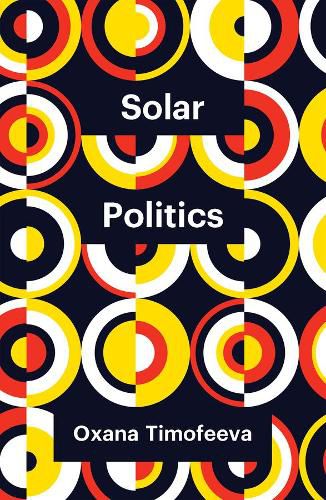Readings Newsletter
Become a Readings Member to make your shopping experience even easier.
Sign in or sign up for free!
You’re not far away from qualifying for FREE standard shipping within Australia
You’ve qualified for FREE standard shipping within Australia
The cart is loading…






This book is a philosophical essay on the sun. It draws on Georges Bataille’s theories of the solar economy and solar violence and demonstrates their relevance to a world affected by the COVID-19 pandemic and climate change.
The sun, which, since Antiquity, has played an essential role in our utopian imaginations, is the ultimate source of energy, both productive and destructive. According to Georges Bataille, its infinite generosity can be taken as the model for human societies, which suggests an alternative to the capitalist economy with its infinite expansion, colonization, and disastrous consequences on the cosmic scale.
Taking a step from solar economy to solar politics, Timofeeva locates the grounds for it in solidarity with nature, treated neither as a master nor as a slave, but as a comrade.
The book will appeal to students, academics, artists, and other readers interested in the philosophy of nature, ecology, social and political theory, postcolonial and decolonial studies, and the humanities generally.
$9.00 standard shipping within Australia
FREE standard shipping within Australia for orders over $100.00
Express & International shipping calculated at checkout
This book is a philosophical essay on the sun. It draws on Georges Bataille’s theories of the solar economy and solar violence and demonstrates their relevance to a world affected by the COVID-19 pandemic and climate change.
The sun, which, since Antiquity, has played an essential role in our utopian imaginations, is the ultimate source of energy, both productive and destructive. According to Georges Bataille, its infinite generosity can be taken as the model for human societies, which suggests an alternative to the capitalist economy with its infinite expansion, colonization, and disastrous consequences on the cosmic scale.
Taking a step from solar economy to solar politics, Timofeeva locates the grounds for it in solidarity with nature, treated neither as a master nor as a slave, but as a comrade.
The book will appeal to students, academics, artists, and other readers interested in the philosophy of nature, ecology, social and political theory, postcolonial and decolonial studies, and the humanities generally.